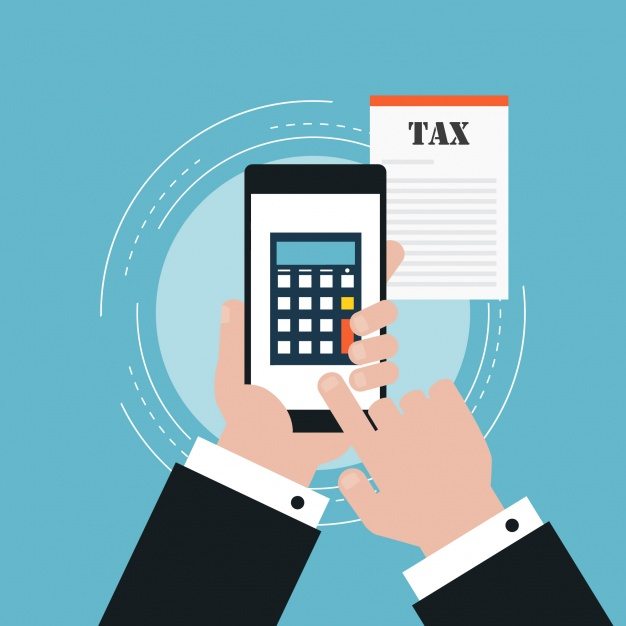Now that the extended tax deadline of May 17 is behind us, it appears the IRS is planning to play catch-up on issuing refunds to eligible taxpayers this week—including for taxes paid on up to $10,200 of 2020 unemployment compensation which, under the American Rescue Plan (ARP), was eventually excluded from taxable income. The $10,200 per person exclusion applies to taxpayers who are single or married, filing jointly, with modified adjusted gross income of less than $150,000.
Whether you receive a full refund, a reduced balance after your freelance tax obligations are met or no refund at all on this amount of unemployment income depends on your individual tax situation. The IRS Notices is currently working to look at returns from individuals claiming unemployment income and calculating any refunds owed as they make corrections based on the change in taxation for unemployment income in this special circumstance.
Another positive: the IRS is using direct deposit for refunds
Adding to this good news, the IRS is issuing refunds by direct deposit to taxpayers who provided their bank account information on their returns (If you didn’t, you’ll get a paper check mailed to your address of record.). Even if you receive a refund, it will be subject to normal offset rules, such as those applicable to past-due federal tax, state income tax, state unemployment compensation debts, child support, spousal support or certain federal nontax debts, such as student loans. If this applies to your case, you will receive a separate notice to about using your refund to offset unpaid tax debts.
Incorrect or no tax refund? Make sure you have accurate freelance tax records to substantiate your claim.
If you receive your refund and believe it is incorrect or you don’t receive one and believe you should, be sure that you keep your documentation handy because you’ll need it to prove your case to the IRS. In fact, as a freelancer, keeping accurate records and retaining tax documents and other records for the required time period is critical. Here are some key points from irs.gov to remember to make sure you are maintaining your freelance tax record requirements adequately:
- In general, any documents you need to substantiate tax deductions, expenses or other situations affecting your tax return should be kept for a minimum of three years. However, when it comes to employment taxes (see case in point above) you should keep those records for at least four years.
- Items to maintain records of include at a minimum business-related purchases, sales, payroll, advertising and supply expenses and other transactions used to substantiate your tax return information.
- As a freelancer, the responsibility to keep accurate and comprehensive records to substantiate entries, deductions, and statements made on your tax returns. This is known as the burden of proof and it is on you. The IRS requires that you must be able to prove certain elements of expenses to deduct them including the date, business purpose and exact amount of the deduction.
If you receive a refund that you feel isn’t correct, you can submit an informal small-case request if it is under $25,000. If it is more than that, the first step is an appeal which requires you to prepare a formal written protest. According to the IRS: “The document must include your personal contact information, an affirmative statement that you are requesting your right to an appeal, a copy of the notification you received from the IRS, the relevant tax years that give rise to the dispute and statements of law and fact that support your tax return position.” This is just one more important reason why accurate and consistent record-keeping for your freelance business is so important.


